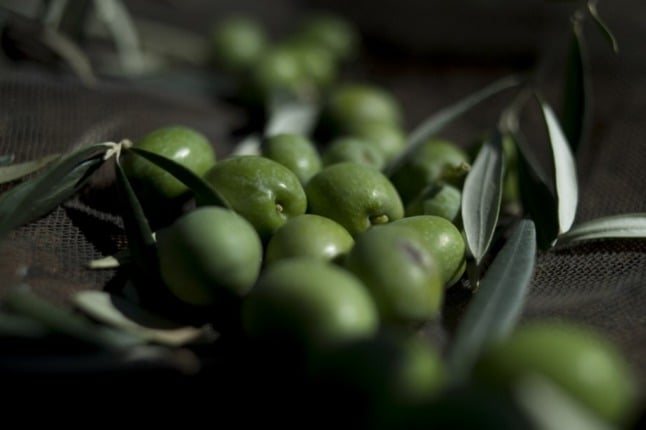Some 282,913 cars were registered last month, a drop of 4.7 percent compared to sales in the same month in 2012, according to the Federal Transport Motor Authority (KBA).
In the first six months of this year, 1.503 million cars were registered, 8.1 percent fewer than in the same period a year earlier, KBA said in a statement.
“None of us are happy with this development,” head of the German Association of the Automotive Industry (VDA) Matthias Wissmann said. He added that German consumers were, despite low unemployment, still uneasy in the face of the euro crisis.
The European car industry, as well as just Germany’s, has been hard hit by first the financial crisis and then by the effects of the eurozone debt crisis.
However, top German manufacturers have resisted better than many other carmakers in Europe, particularly with the export of high-quality cars.
AFP/DPA/The Local/jcw




 Please whitelist us to continue reading.
Please whitelist us to continue reading.
Member comments